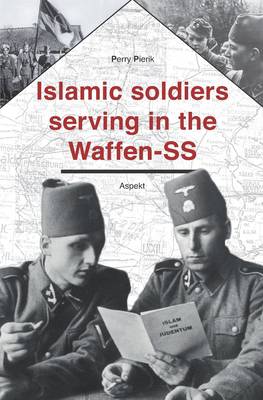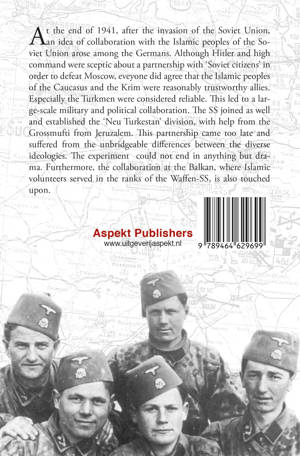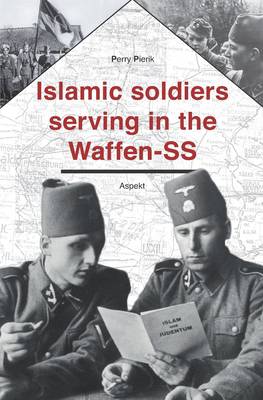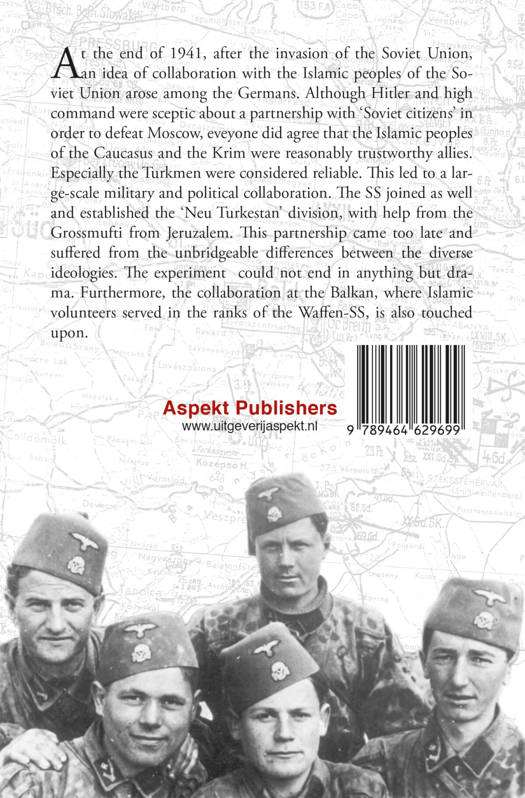
- Afhalen na 1 uur in een winkel met voorraad
- Gratis thuislevering in België vanaf € 30
- Ruim aanbod met 7 miljoen producten
- Afhalen na 1 uur in een winkel met voorraad
- Gratis thuislevering in België vanaf € 30
- Ruim aanbod met 7 miljoen producten
Zoeken


Omschrijving
At the end of 1941, after the invasion of the Soviet Union, an idea of collaboration with the Islamic peoples of the Soviet Union arose among the Germans. Although Hitler and high command were sceptic about a partnership with 'Soviet citizens' in order to defeat Moscow, eveyone did agree that the Islamic peoples of the Caucasus and the Krim were reasonably trustworthy allies. Especially the Turkmen were considered reliable. This led to a large-scale military and political collaboration. The SS joined as well and established the 'Neu Turkestan' division, with help from the Grossmufti from Jeruzalem. This partnership came too late and suffered from the unbridgeable differences between the diverse ideologies. The experiment could not end in anything but drama. Furthermore, the collaboration at the Balkan, where Islamic volunteers served in the ranks of the Waffen-SS, is also touched upon.
Specificaties
Betrokkenen
- Auteur(s):
- Uitgeverij:
Inhoud
- Aantal bladzijden:
- 200
- Taal:
- Engels
Eigenschappen
- Productcode (EAN):
- 9789464629699
- Verschijningsdatum:
- 14/04/2023
- Uitvoering:
- Paperback
- Formaat:
- Trade paperback (VS)
- Afmetingen:
- 133 mm x 203 mm
- Gewicht:
- 231 g

Alleen bij Standaard Boekhandel
+ 43 punten op je klantenkaart van Standaard Boekhandel
Beoordelingen
We publiceren alleen reviews die voldoen aan de voorwaarden voor reviews. Bekijk onze voorwaarden voor reviews.












